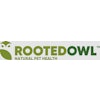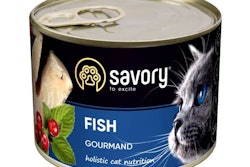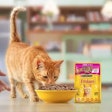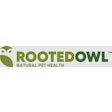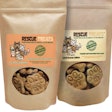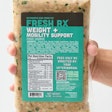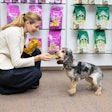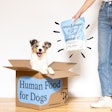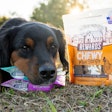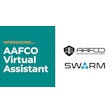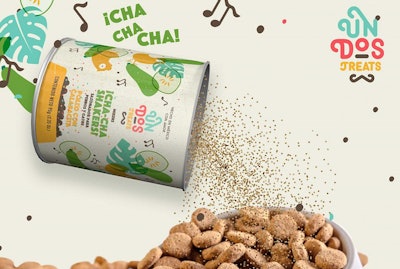
As more new products hit the marketplace, the Mexican pet food market reflects a higher degree of development. At the same time, a wider product array likely suggests further premiumization of the market.
Yet as hundreds of pet food brands play in the marketplace, it is hard to follow every product launched throughout the year. For this reason, official pet food product registrations help track new product developments.
Pet food product development favors market leaders
According to a report by Triplethree International on premium pet food, as of 2022, there are 3,511 pet food products registered with Senasica, a government agency that oversees the regulatory framework and authorizations in Mexico. Twenty companies hold 75% of the total product registrations, with the top 10 manufacturers accounting for 56%. The average number of registered products per company is 26 products, yet the market leaders typically have more than 100 registrations each.
Usually, Senasica takes around six months to authorize one product. Therefore, product registration approval at the agency may be slow for some companies; yet, local producers still launch hundreds of products each year.
Product innovation is quite dynamic year to year
The report says that in 2016, Senasica approved 1,747 pet food products. Six years later, in 2022, the product array has doubled, with nearly 300 new product varieties introduce per year.
Premium pet food products and treats regularly dominate product innovations. In particular, new flavors and ingredients, alternative recipes and hundreds of treat products are among the latest innovations that market leaders introduced during the past year. New product claims for dog food include weight control, dental health, prescription food and products directed to specific breeds and dog ages.
This active product innovation may reflect the positive impact of pet humanization. In this regard, there is plenty of room for further innovation, particularly for those follower companies that play in the market with a more limited product offering. Several companies, for example, have only one or a maximum of five pet food products approved for sale.

